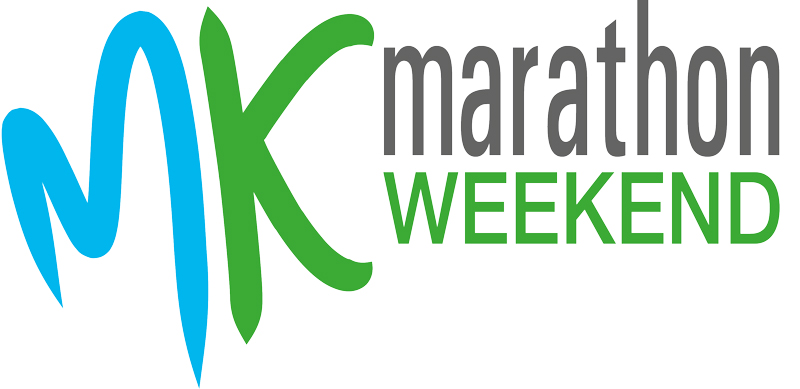Are you thinking about running a marathon? Then there are probably a thousand questions going through your mind. How hard will it be? How fast can I do it? Will I even finish? The list goes on.
But maybe the first and most important question to ask is when should you start training?
When it comes to starting your training, giving yourself plenty of time can be the difference between finishing the race and crashing out before the finish line either with an injury or simply the inability to keep going.
Imagine getting over that finishing line feeling strong, not completely burnt out by your experience! That can be the difference between planning and not planning your training journey.
Personalised Marathon Planning
The right training timeline is crucial for marathon success. It’s the difference between barely scraping by and thriving on race day. Imagine feeling strong and energised, not depleted and like you never want to run again! That’s the power of a well-structured training journey.
• Beginners: If you’re new to running, start training at least 6 months to a year in advance, depending on your current fitness level. This timeframe allows you to develop a personalised marathon training plan, helping your body gradually adapt to the demands of running.
• Intermediate Runners: 4-5 months should be enough for an intermediate runner (someone who runs 20-30 miles per week) to increase mileage, incorporate speedwork, and prepare for the long distance.
• Experienced Runners: For runners who train consistently or have experience running marathons under their belts, 12 weeks might be enough, but it depends on individual fitness.
Physical Tips for Optimising Your Marathon Training
Training goes beyond putting in the miles. Here are some essential aspects to consider:
• Train Smart: There’s no one-size-fits-all training program when it comes to marathons. Remember to tailor your training program to your unique needs and abilities.
• Fuel Your Success: Nutrition and hydration play key roles in getting your body ready. Eat a well-balanced diet rich in fruit, vegetables, and whole grains. Stay well-hydrated throughout the entire training process.
• Prioritise Sleep: Sleep allows your body to recover and rebuild. Aim for 7-8 hours of quality sleep nightly to optimise your training and minimise injury risk.
• Embrace Cross-Training: Low-impact exercises like yoga, Pilates, swimming, or cycling are great for complementing your running and improving overall fitness.
Mental Tips for Marathon Success
A strong mind is as important as a strong body. Here are some mental tips to help you achieve your marathon goals:
• Build a Training Plan: Having a clear roadmap keeps you motivated and focused.
• Positive Self Talk: Mantras and affirmations can help boost confidence and overcome challenges.
• Turn Up the Music: Create a playlist filled with music that energises and motivates you while running.
• Mind Over Matter: Mentally break down the marathon distance into smaller, more manageable chunks.
• Visualisation: Regularly visualise yourself successfully crossing the finish line.
Keys to Success
Succeeding at a marathon isn’t as easy as just showing up on the day and expecting to conquer the 26.2 miles. Race day is the culmination of all your efforts, and it will reveal all the hard work you’ve put in.
Setting SMART goals (Specific, Measurable, Achievable, Relevant, and Time-Bound) is a crucial first step. Write them down, share them with friends and family for extra accountability, and break them down into long, medium, and short-term targets.
Remember, marathons are conquered one training session at a time, not by running full marathons every day. Consistency is key: get out there regularly, and as race day nears, gradually increase your distances or improve your pace. And don’t forget to taper off your training with a couple weeks to go. You don’t want to be at peak effort right before the race – strategically reducing your training volume allows your body to reach its peak for the big day.
Embrace the Journey
Marathons are about more than just finishing the race. They’re about testing limits, pushing boundaries, and achieving something extraordinary.
Make a plan, stick to it, and arrive at race day feeling physically and mentally prepared to conquer your marathon and celebrate your accomplishment!

